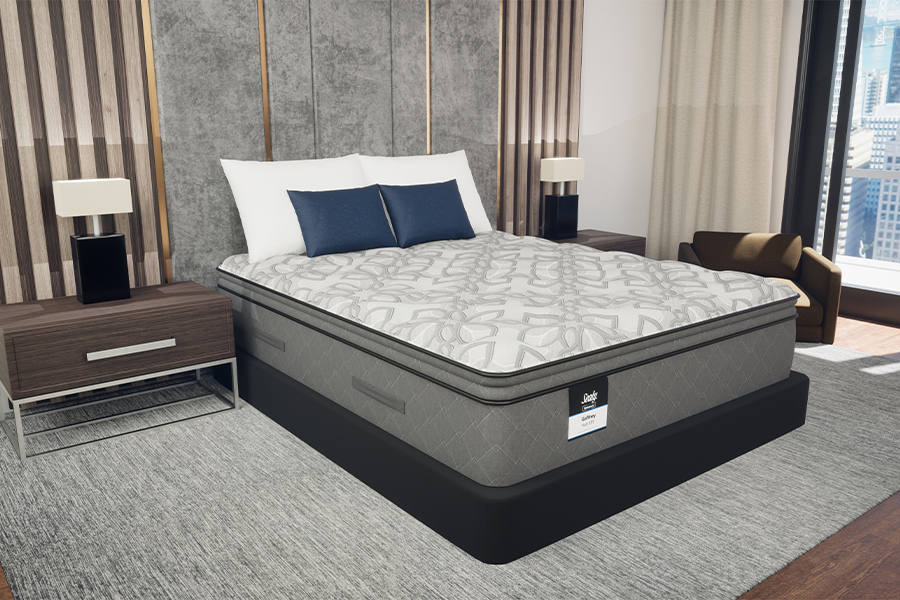
Maximize ROI with Hospitality Mattresses that Deliver
Tempur Sealy mattresses help hotels cut costs, improve guest satisfaction, and boost ROI through smart, durable design
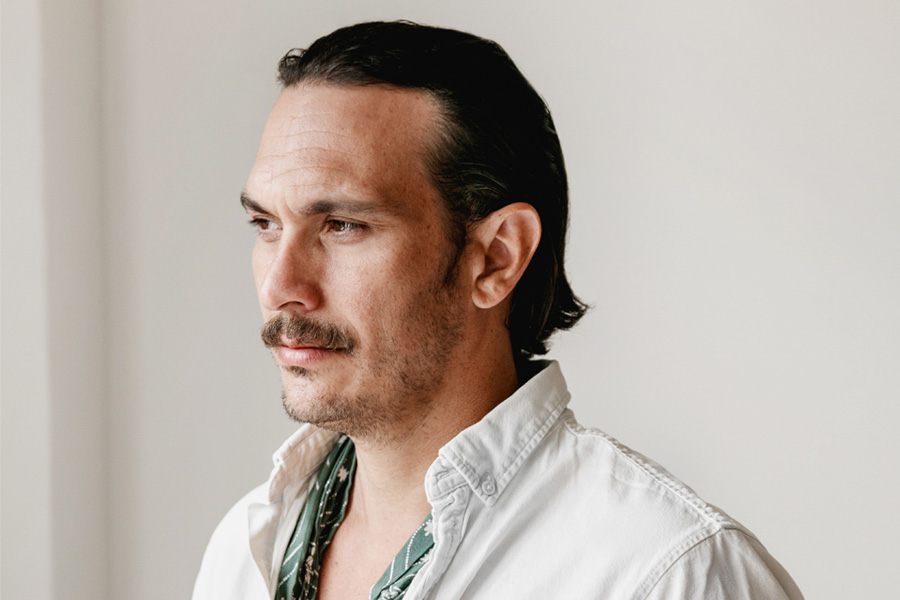
people
Podcasts
Craig Stanghetta
The founder of Ste Marie crafts spaces that evoke a strong sense of place

news
Business + People
5 Designers Get Real About Gen Z Misconceptions
A look at how the next generation is changing the conversation around work, purpose, and perception
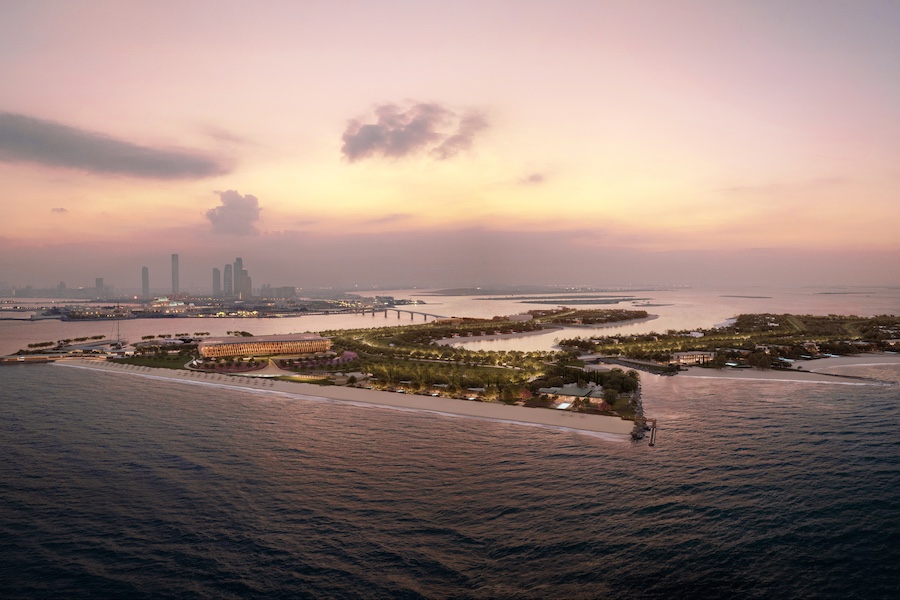
Bvlgari to Launch Luxe Resort and Residences in Abu Dhabi
Opening in 2030, the beachfront destination will comprise a hotel and 90 mansions on a private island
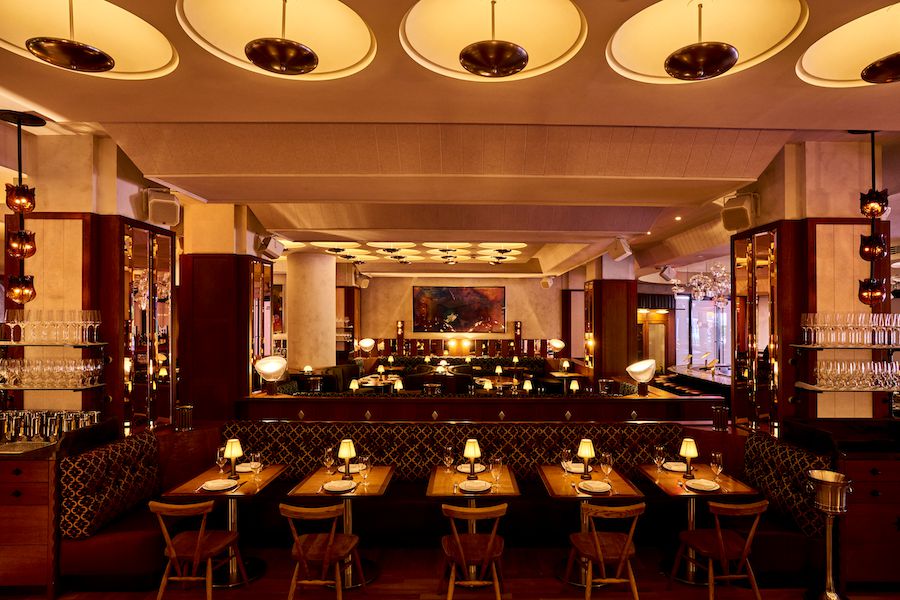
news
F+B
Sunday Hospitality Opens the Dynamo Room in New York
The steakhouse celebrates the city’s industrial past with a design rooted in engineering marvels and midcentury modernism
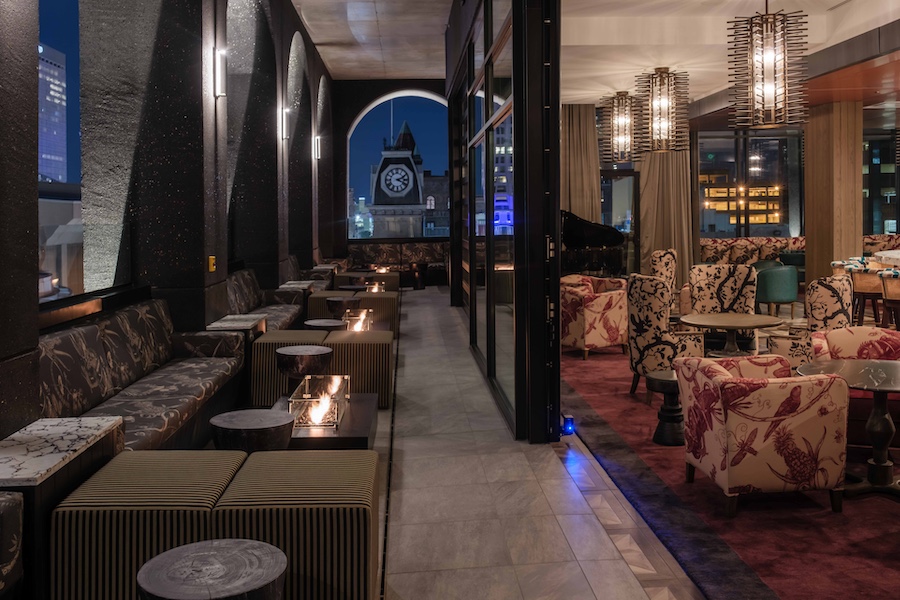
news
Hotels + Resorts
Hotel Bourré Bonne Debuts in Downtown Louisville
Part of Hilton’s Curio Collection, the new 168-room hotel is a modern homage to Kentucky heritage
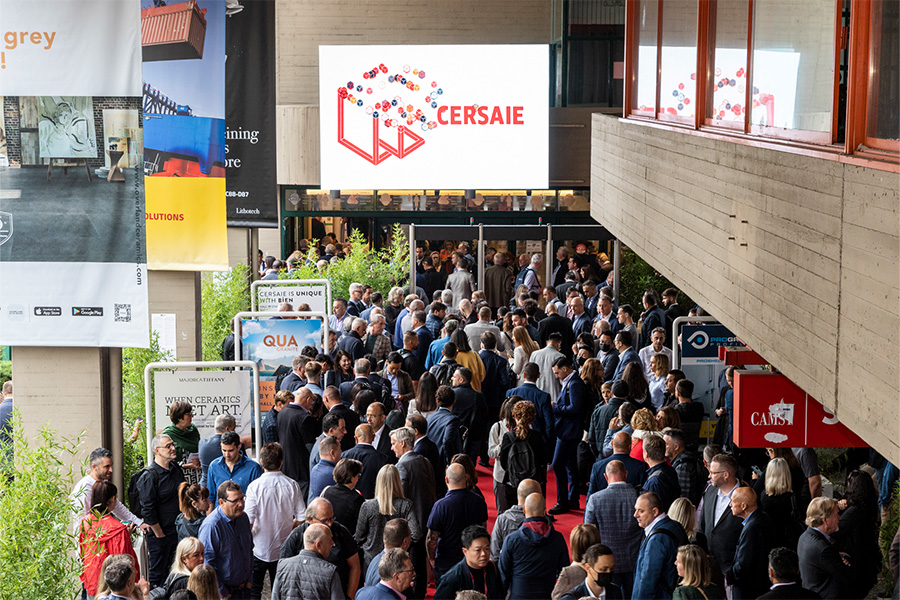
CERSAIE 2025: Explore Italian Ceramic and Porcelain Design
The International Exhibition of Ceramic Tile and Bathroom Furnishings returns to Bologna in September

news
Business + People
Hyatt Sells Playa Portfolio to Tortuga Resorts for $2 Billion
The sale comes just weeks after Hyatt completed the acquisition of the all-inclusive portfolio
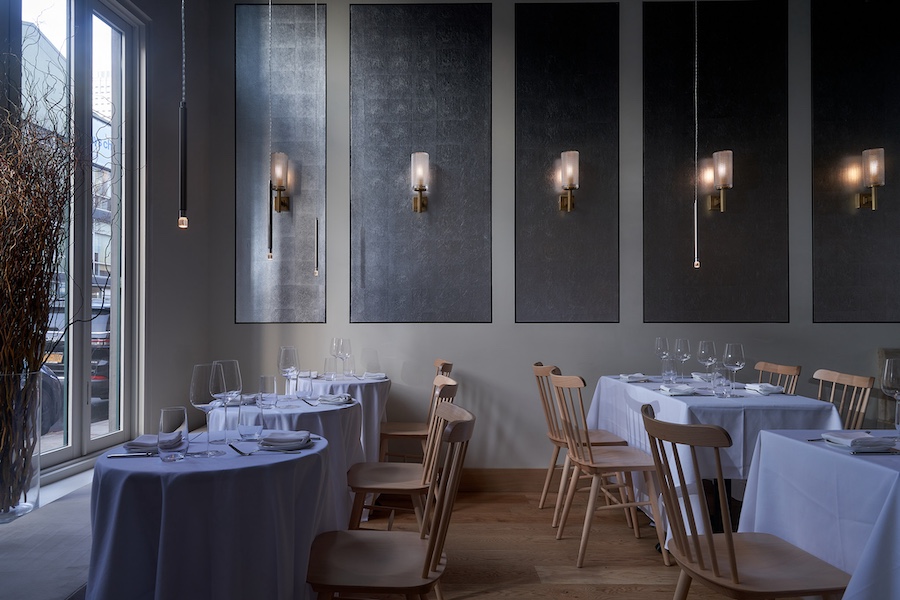
news
F+B
Field Guide Brings Bucolic Modernism to Brooklyn
In Williamsburg, Mammoth designs a restaurant inspired by Upstate New York
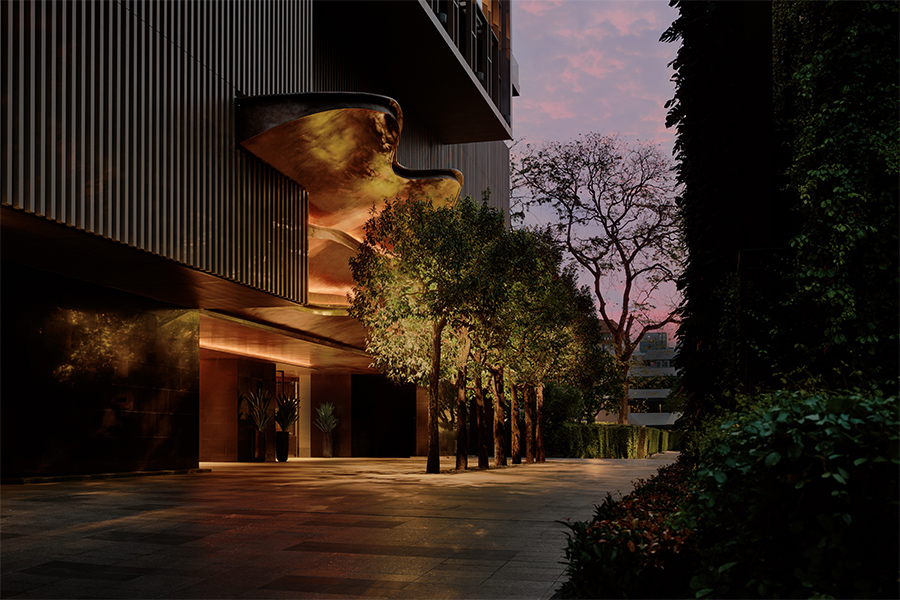
projects
Hotels + Resorts
Aman Nai Lert Bangkok Is Rooted in Thai Tradition
Aman returns to Thailand with a tranquil urban retreat in the verdant Nai Lert Park
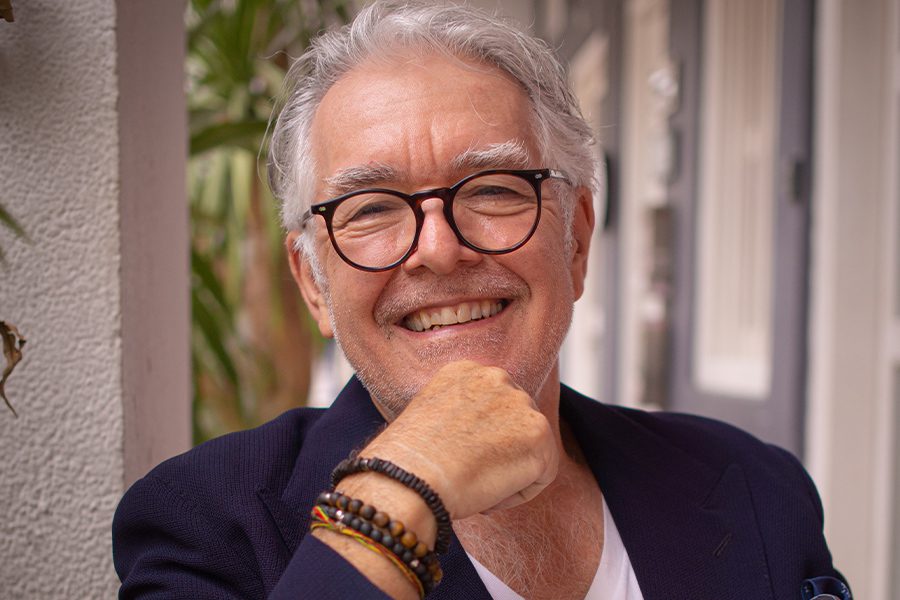
news
Business + People
Neil Jacobs Departs Six Senses After 13 Years at the Helm
The longtime CEO helped shape the brand’s wellness-forward ethos and global expansion
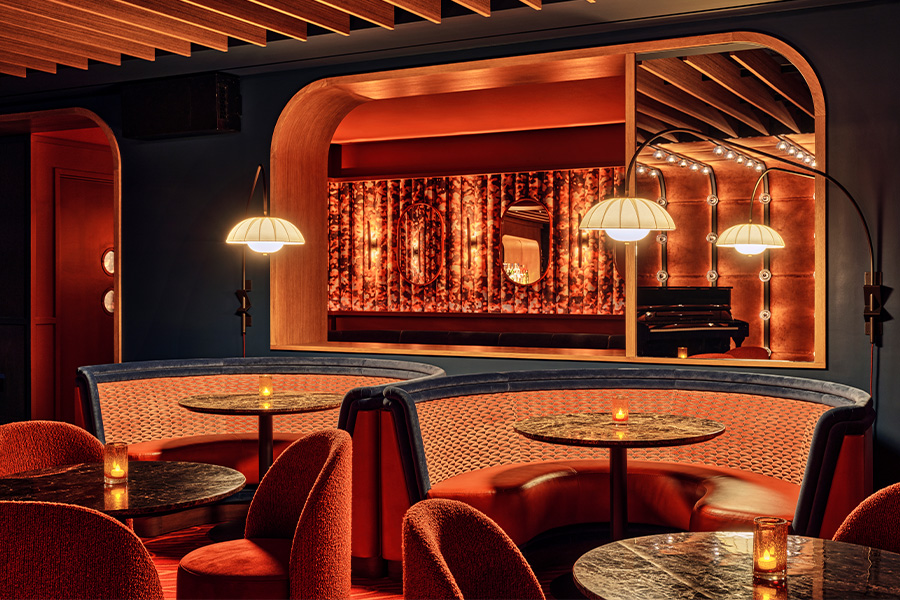
news
Business + People
How Top Designers Future-Proof Their Studios
Diversifying services, sectors, and teams can build resilience—and create new revenue streams

Maximize ROI with Hospitality Mattresses that Deliver
Tempur Sealy mattresses help hotels cut costs, improve guest satisfaction, and boost ROI through smart, durable design

